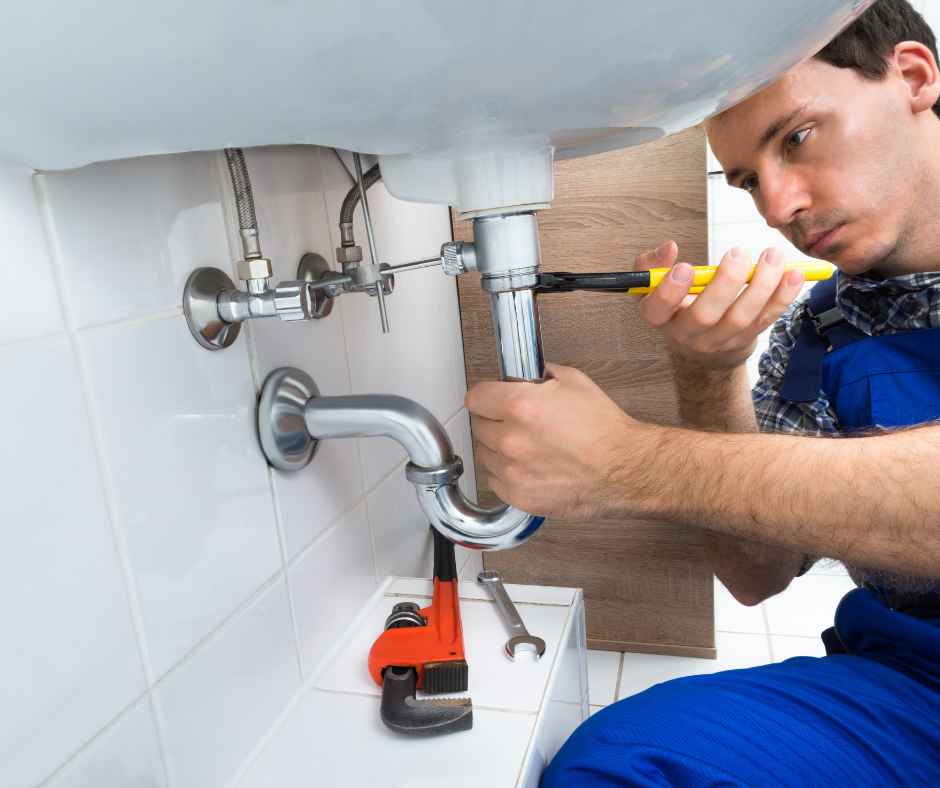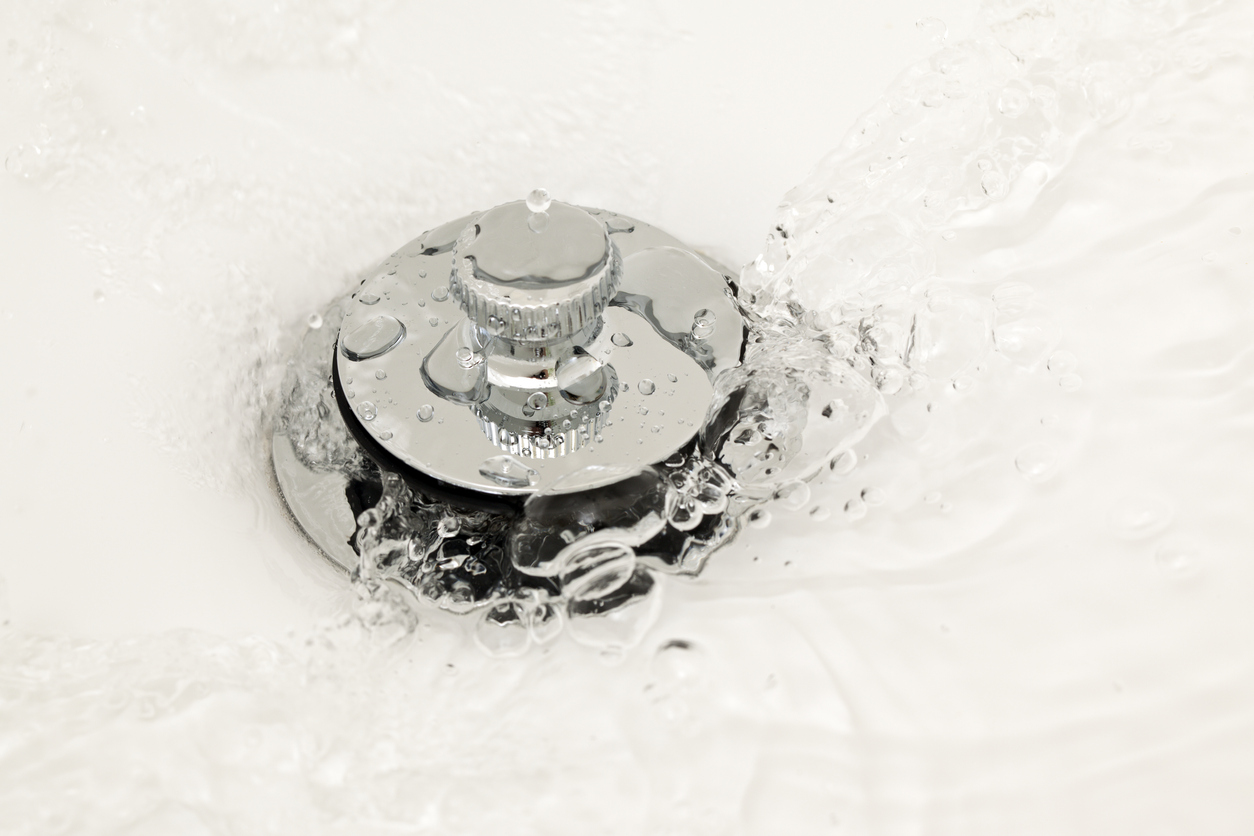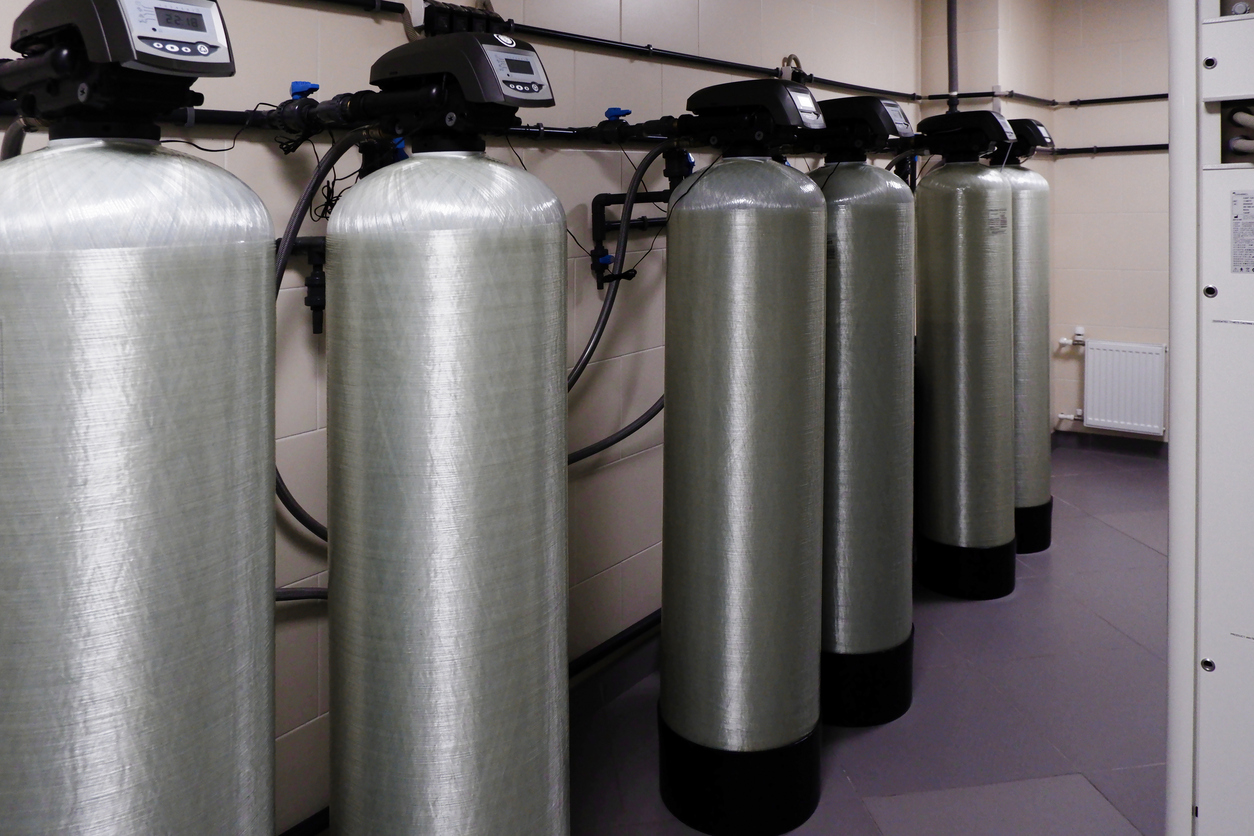Call or Text
801-438-4793Pools: How Do Water Softeners Work
August 5, 2013
Water softeners are used in a variety of locations to improve the quality of water we are using. It works by removing calcium, magnesium, and other metal components in hard water. The process is completed by using ion-exchange resins.
Water softeners are used in swimming pools and hot tubs to improve water quality. Although a certain amount of minerals should be used to prevent the water from corroding certain parts of the plumbing, there are far more advantages with using a water softener here.
How it works
Hard water passes through the softener resin tank. In some situations the resins can be damaged by iron and manganese. The various metals in the water 
In this process, salt is used. Plain salt pellets are unable to prevent a gradual deterioration in the process. There are certain types of salts needed to help the process run correctly. Instead of neglecting to install a water softener for your pool, or in your home, it is important to recognize the advantages soft water can bring to your home.
The advantages of a water softener

• Metal components will be removed from the water.
• Pipes can avoid being clogged. When hard water flows through, they can create buildups, risking damage to pipes.
• Soft water allows soap to lather better. This is a helpful element in the pool with the chlorine that is necessary.
• Appliances last longer without hard water building up in all the wrong places.
A water softener will help keep your appliances clean and running for years to come. Use one in your pool for the best clean.
If you are living with hard water, you can make the change to mend the situation. For professional water softener installation, call the best in the business. Your pool will be better with the help of a water softener.
By Cassie Costner
Recent News

How Do Tankless Water Heaters Work?
March 19, 2024

How Much Is a Water Softener?
March 5, 2024

How to Fix Leaky Pipes Under Kitchen Sink
February 22, 2024

How Much Does Emergency Plumbing Cost?
February 8, 2024

How to Unclog a Bathtub Drain
January 16, 2024

How Much Is a Water Softener?
January 9, 2024

